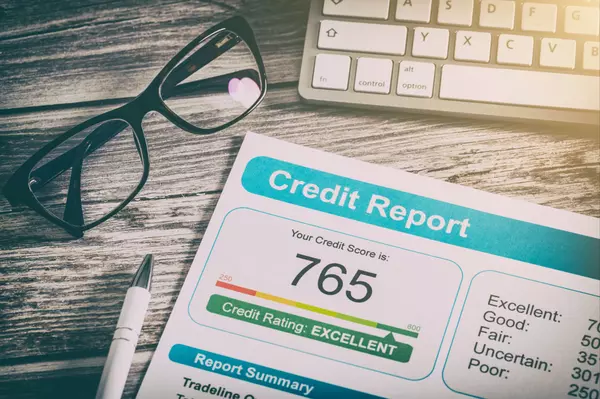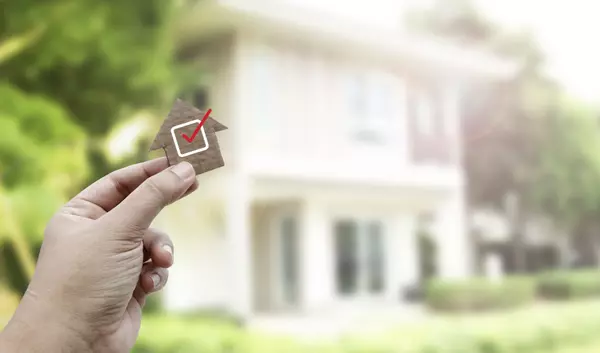
Boost Your Credit & Your Monthly Mortgage Payment
Some people are under the mistaken impression that you must have good (or even great) credit in order to buy a house. That’s truly not the case — there are plenty of opportunities for people with poor credit to start on the journey toward homeownership and end with a set of keys to their very own h

Shopping for Vacation Rental
Planning to stay in a hotel for your vacation is so '90s. The emergence of the internet and websites like Airbnb, VRBO, TripAdvisor and more have made it possible for travelers to feel right at home in a new city ... because they're staying in someone else's home and renting it for vacation. Vaca

Is Rent-to-Own Ever Worth It?
Rent-to-own agreements have a bad reputation in the real estate industry, but is it deserved? Well, it depends. There are many different kinds of rent-to-own agreements, and each one can be modified and customized for the tenant and the landlord. Many rent-to-own agreements overwhelmingly favor the
Categories
Recent Posts










